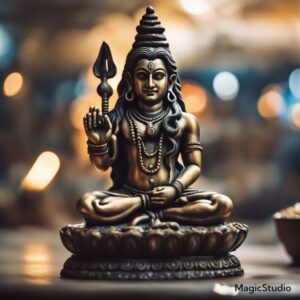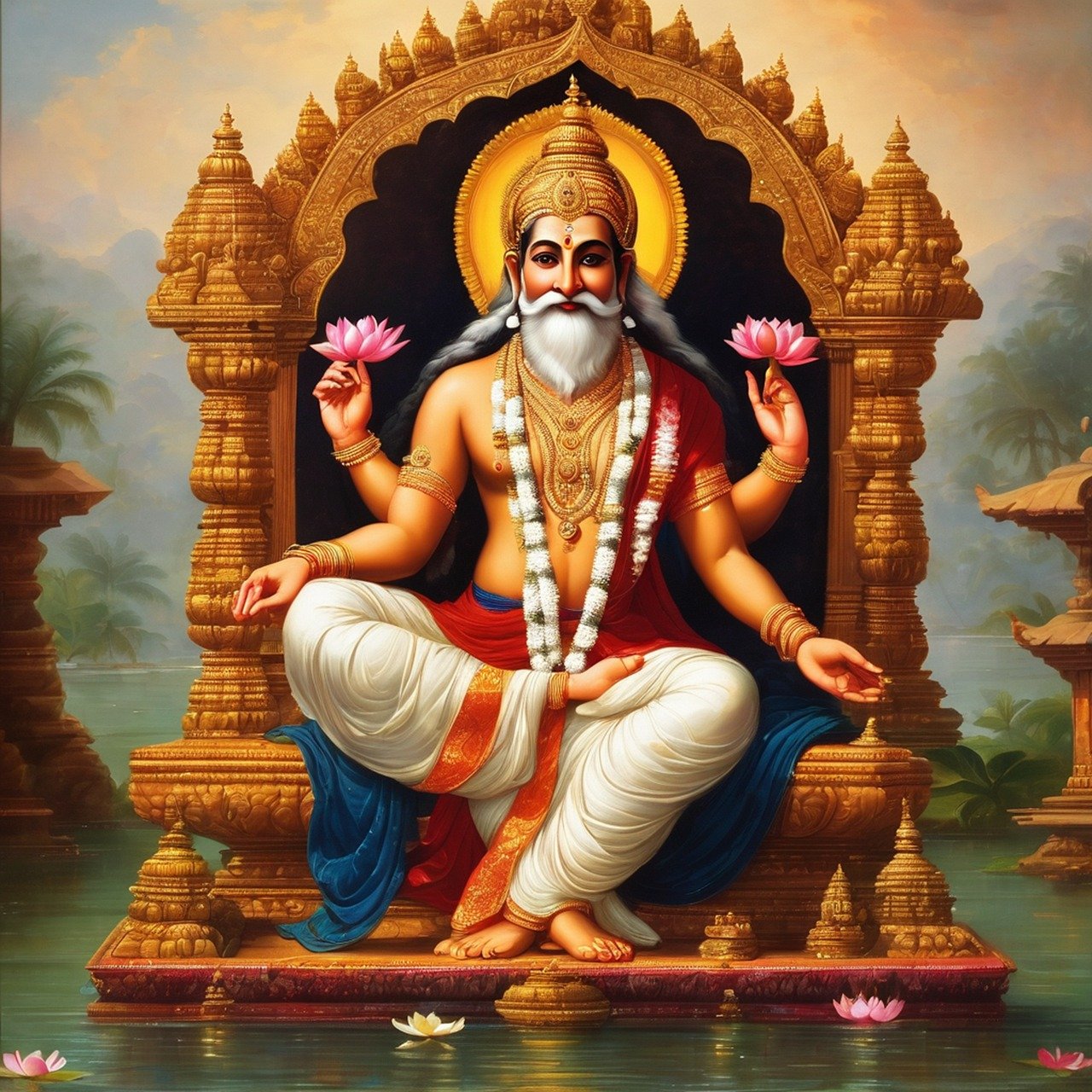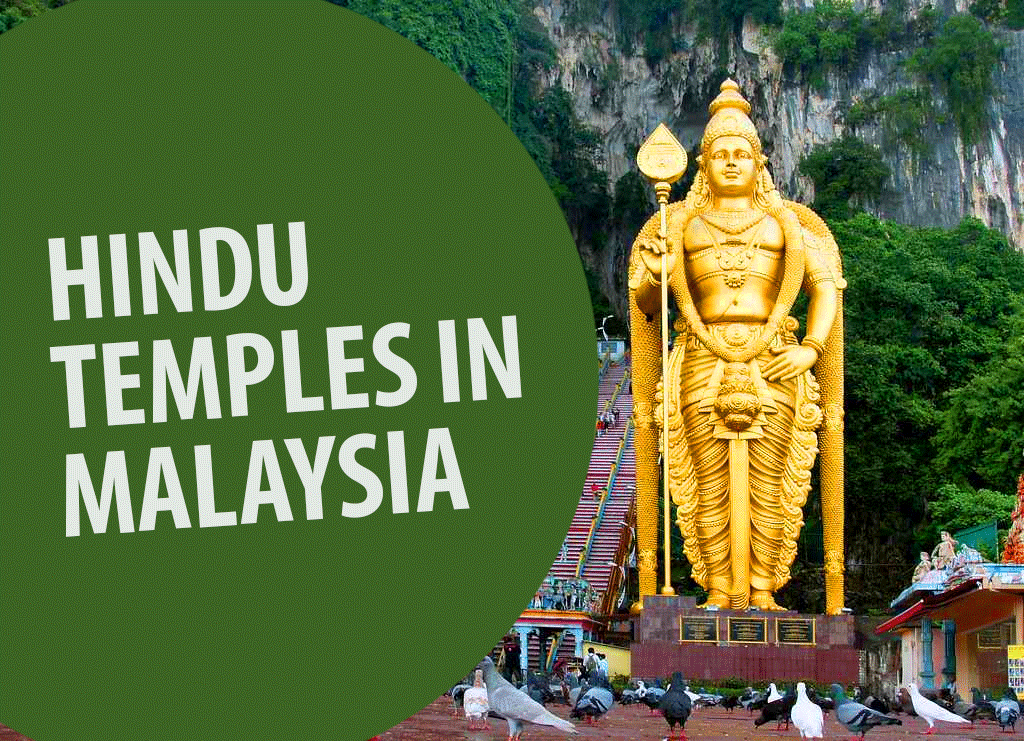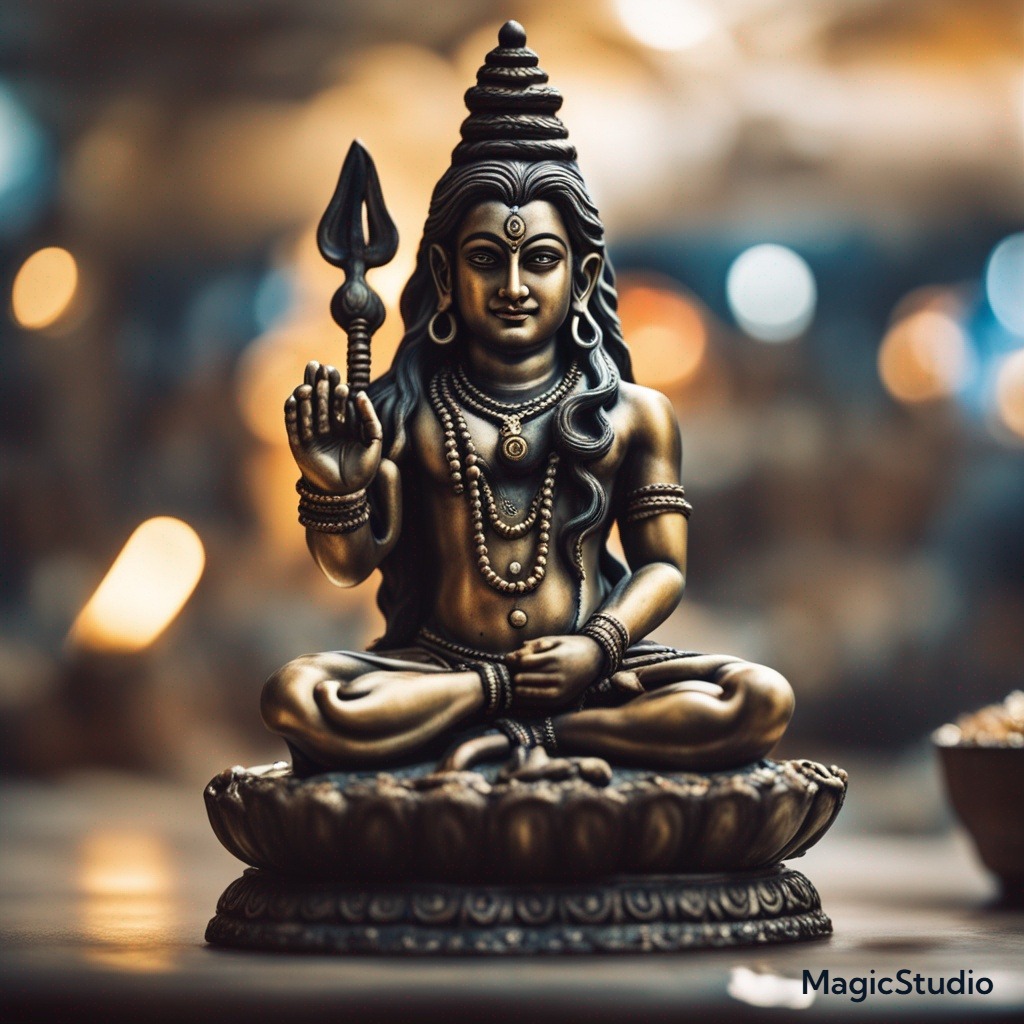Hinduism in India:  A Deep Dive into a Rich Cultural and Spiritual Tradition
A Deep Dive into a Rich Cultural and Spiritual Tradition
Hinduism is the predominant religion in India, encompassing a diverse range of traditions, rituals, philosophies, and cultural practices. It is one of the oldest religions in the world, with roots that can be traced back over 4,000 years. Hinduism is not a monolithic faith but a complex and pluralistic tradition with no single founder or central religious authority. It has shaped and been shaped by the Indian subcontinent’s history, culture, and society.
Sacred Texts and Philosophies
Central to Hinduism are its sacred texts, including the Vedas, Upanishads, Bhagavad Gita, and the epics Ramayana and Mahabharata. These texts provide a rich repository of spiritual knowledge, philosophical discourse, and moral teachings. The Vedas are the oldest and most authoritative scriptures, containing hymns, rituals, and guidance for various aspects of life. The Upanishads explore metaphysical questions and the nature of ultimate reality, while the Bhagavad Gita offers practical and philosophical insights through the dialogue between Prince Arjuna and Lord Krishna. The Ramayana and Mahabharata are epic narratives that illustrate dharma (righteousness) and the complexities of human life.
Deities and Worship Practices
Hinduism is characterized by a belief in a supreme cosmic power, Brahman, which manifests in many forms, including various deities such as Vishnu, Shiva, and Devi (the Goddess). These deities are worshipped through rituals, prayers, and festivals. Hindu worship practices, or puja, can be conducted at home or in temples, which are architectural marvels and important cultural centers. Temples range from small roadside shrines to grand edifices like the Brihadeeswarar Temple in Tamil Nadu and the Jagannath Temple in Odisha.
Core Concepts and Philosophical Foundations
The religion’s core concepts include karma (the law of cause and effect), dharma (duty and righteousness), samsara (the cycle of birth and rebirth), and moksha (liberation from the cycle of samsara). These ideas guide the moral and ethical decisions of Hindus and provide a framework for understanding the human experience. The pursuit of dharma, artha (prosperity), kama (pleasure), and moksha constitutes the four aims of human life in Hindu philosophy.
Festivals and Cultural Celebrations
Hindu festivals are vibrant and colorful, celebrating various deities, seasons, and significant events. Diwali, the Festival of Lights, marks the victory of light over darkness and good over evil. Holi, the Festival of Colors, celebrates the arrival of spring and the playful aspects of Krishna. Other important festivals include Navaratri, Durga Puja, and Raksha Bandhan. These festivals are not only religious observances but also occasions for family reunions, community bonding, and cultural expression.
Social Dynamics and the Caste System
The caste system, a hierarchical social structure historically linked with Hinduism, has been a significant and controversial aspect of Indian society. Although the Indian Constitution abolished caste-based discrimination, the legacy of the caste system still influences social interactions and opportunities. Efforts to promote social equality and justice continue to be a critical aspect of modern Indian society.
Cultural Influence and Artistic Expressions
Hinduism’s impact on Indian culture is profound and pervasive. It has influenced Indian art, music, dance, literature, and cuisine. Classical dance forms like Bharatanatyam and Kathak, and musical traditions like Carnatic and Hindustani music, have deep roots in Hindu mythology and devotional practices. Literature, from ancient Sanskrit texts to contemporary writings, often draws on Hindu themes and symbols.
Conclusion
In conclusion, Hinduism is a dynamic and integral part of India’s cultural and spiritual landscape. Its philosophies, practices, and traditions continue to evolve, reflecting the changing social and cultural context while maintaining a deep connection to its ancient roots. Through its diverse expressions, Hinduism offers a unique and enduring perspective on life, spirituality, and the human experience.








